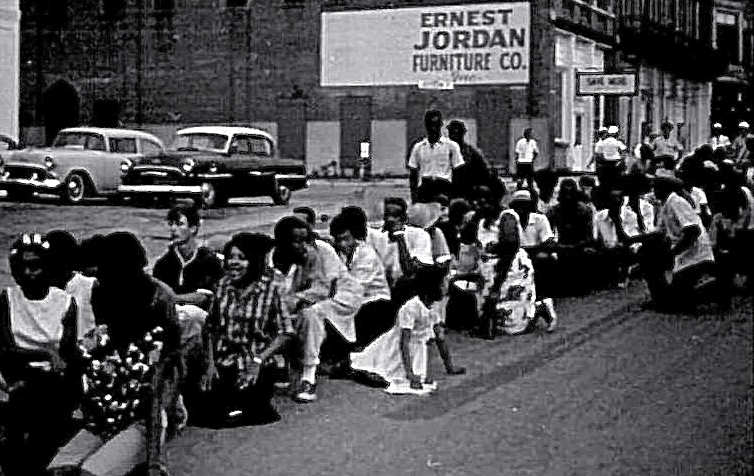One of Koinonia’s early stalwarts and an important figure in my book, “The Class of ’65,” has died: Conrad Browne. He was 96 and lived in Warwick, Rhode Island.
Con Browne was a Baptist minister fresh out of the University of Chicago when he heard Clarence Jordan speak about Koinonia at a conference. He was so captivated that he persuaded his wife to move to south Georgia in 1949 to become part of the communal farm, even though he knew nothing about tending chickens or growing crops.
Con was one of the leaders of Koinonia during the years when it was boycotted and terrorized for its belief in racial brotherhood. He was in charge of the egg delivery route and saw firsthand how local businesses were boycotting the farm. During the height of violence against the community -- the drive-by shootings and bombings -- Con was attacked in Americus by a man who bashed him in the face simply because he was from Koinonia. The sheriff responded by charging Con, still bruised and bleeding, with a traffic offense.
I flew to Rhode Island to meet Con in 2007, joined by Greg Wittkamper, my main character. In our two days of interviews, I could tell how much affection they had for each other. Greg regarded him as a surrogate father and confided later that it was Connie (as he called him) who had told him about the birds and the bees. As we sat in his home on Narragansett Bay, I asked Con why his family had left Koinonia in 1963. “Do I have to?” he said with a pained expression. The farm was hurting economically and could no longer support very many residents, he explained, and the adults decided that the Brownes should go. Con took a job as associate director of the Highlander Center in Tennessee, the place where Rosa Parks had received training in nonviolent resistance. It was a worthy post, but you could tell that it still hurt him after all those years to think about leaving a place he loved so dearly.
My deepest condolences to Con’s wife, Cay, and to his four surviving children, three of whom (Lora, Charles and John) appear in “The Class of ’65.” Conrad Browne was a good man who practiced his faith even when it was dangerous to do so. May his soul know eternal peace.
